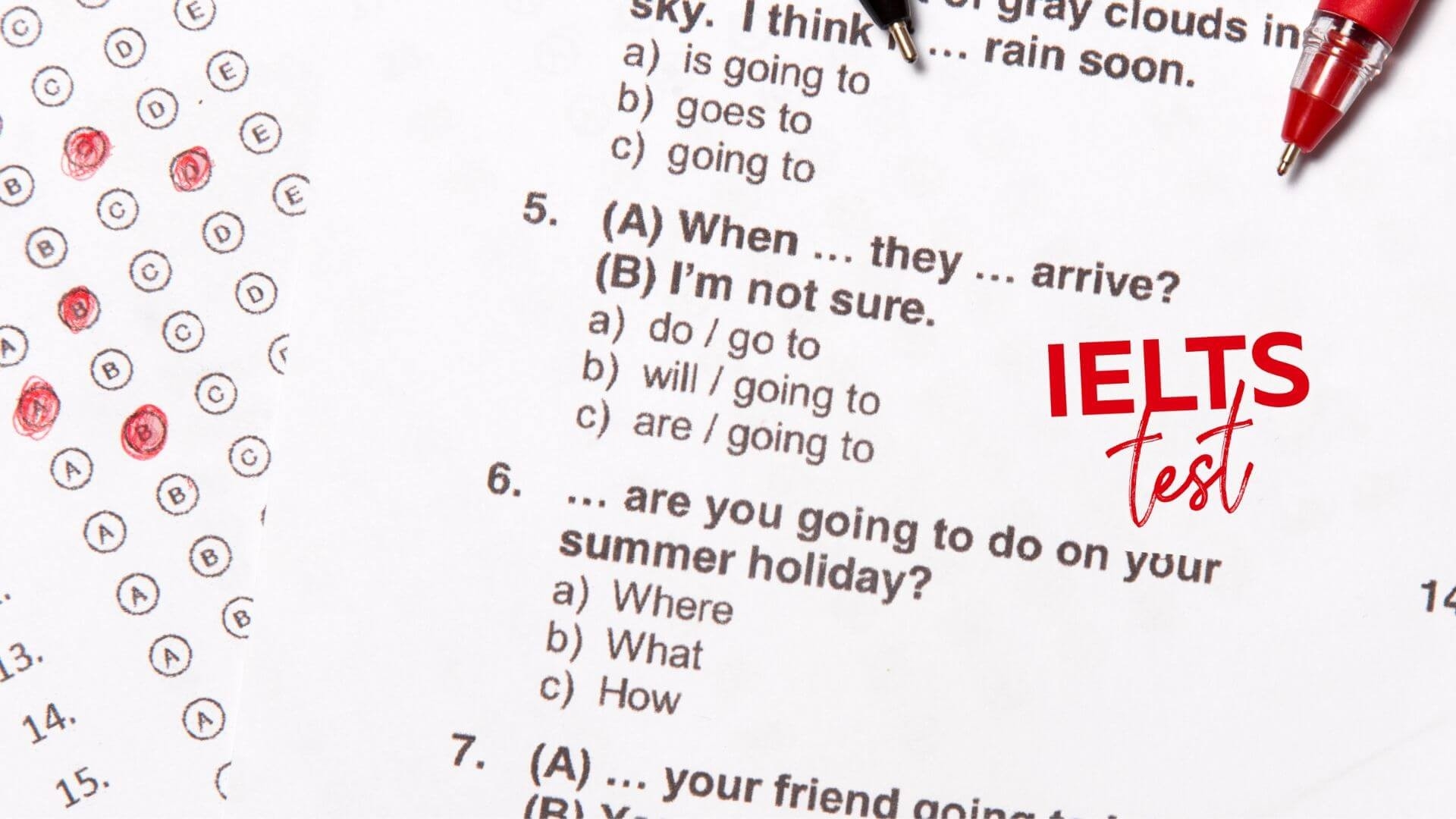The International English Language Testing System (IELTS) is a standardized test that measures the English language proficiency of non-native English speakers. It is widely recognized and accepted by universities, employers, and immigration authorities in English-speaking countries around the world.
There are two types of IELTS exams: the Academic test, which is for those who plan to study at a university at the undergraduate or postgraduate level, and the General Training test, which is for those who are seeking work experience or immigration to an English-speaking country.
What is IELTS Exam?
The IELTS exam consists of four sections: Listening, Reading, Writing, and Speaking. Each section is designed to assess different language skills in a variety of contexts. The test is graded on a scale from 1 to 9, with 9 being the highest score possible.
In the Listening section, test-takers listen to recordings of native English speakers and answer questions based on what they hear. The Reading section tests comprehension skills through a series of passages and questions. The Writing section requires test-takers to express their thoughts in a clear and organized manner. The Speaking section evaluates the ability to communicate verbally in English.
Preparing for the IELTS exam involves practice and familiarization with the format of the test. Many test-takers enroll in preparation courses or use study materials such as practice tests and sample questions. It is important to develop strong language skills and build confidence in all four sections of the exam.
Scoring well on the IELTS exam can open doors to educational and career opportunities around the world. A high score can help secure admission to prestigious universities, improve job prospects, and facilitate the visa application process for international students and immigrants.
In conclusion, the IELTS exam is a valuable tool for assessing English language proficiency and achieving personal and professional goals. By understanding the format of the test, preparing diligently, and staying focused during the exam, test-takers can maximize their chances of success and reach their desired score.
